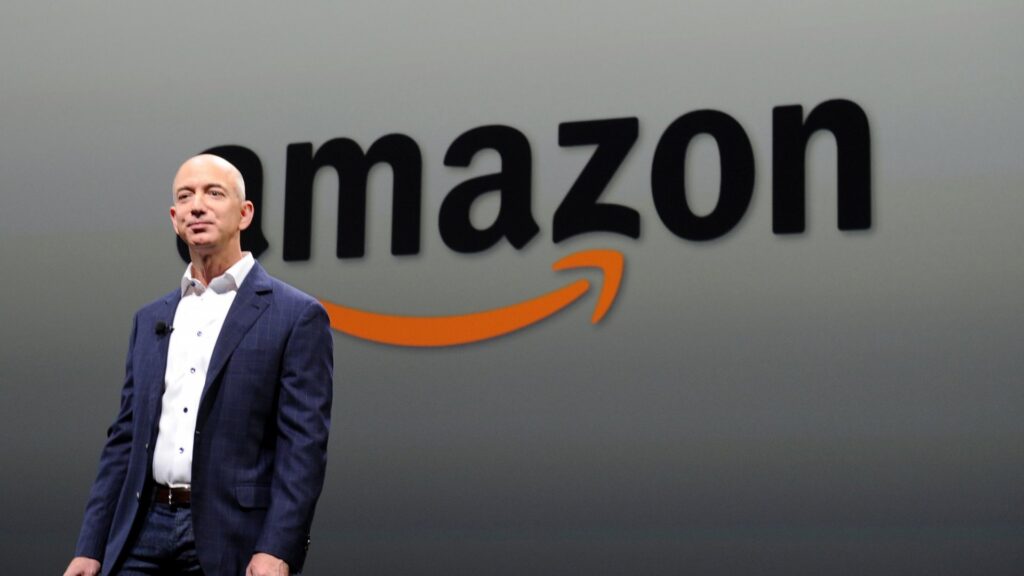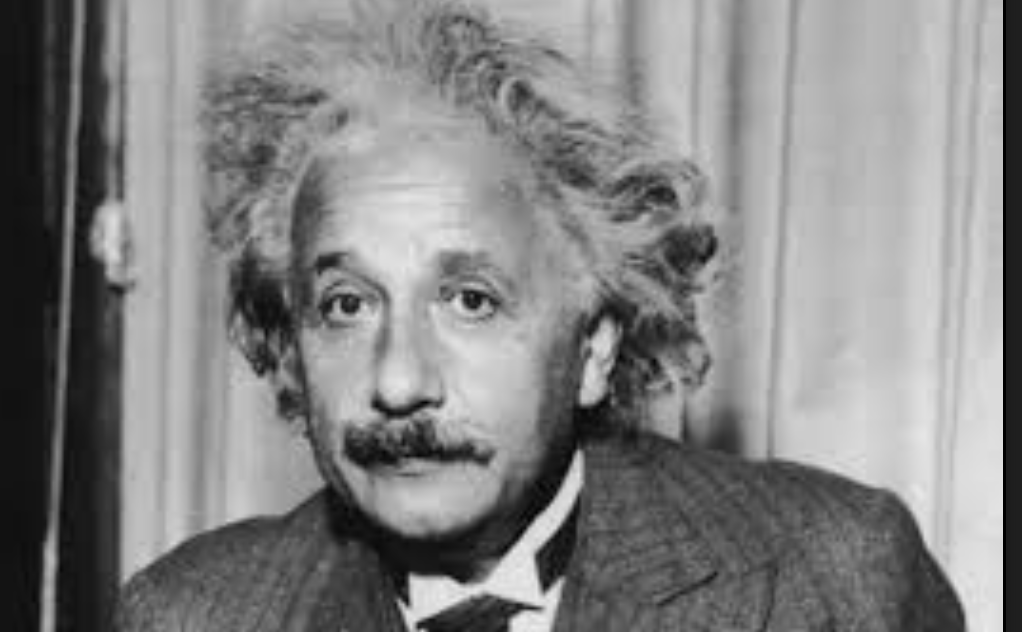The former CEO called Amazon “famously unprofitable company” in an exclusive 2000 BBC Newsnight interview. After over 25 years, the ubiquitous corporation is one of a few $2 trillion companies worldwide.

BBC presenter Jeremy Vine was seen behind the Newsnight desk on June 8, 2000, reading a story on a struggling ecommerce market. Amazon.com CEO Jeff Bezos, 36, sat across from him that night.
Amazon was at a turning point when interviewed on the BBC’s premier current affairs program. Dotcom boom caused economic bubble that exploded by mid-2000. Amazon, which was in the dotcom bubble’s center, was among dozens of online businesses feeling its impact.
As Vine noted in his Newsnight story, Amazon had $1.6bn (£1.27bn) in revenues in 1999 but net losses of $720m (£567m). Its share price fluctuated from $113 in December 1999 to $52 in June 2000.
Despite its early and drastic success, Amazon was shaken by the early 2000s dotcom meltdown.
“People used to say Amazon is ‘amazing,'” Vine began the interview. “And now they say: ‘isn’t it amazing that Amazon is losing so much money?'”
“Well, we are a famously unprofitable company,” Bezos said calmly. “And that is a conscious strategy and an investment decision.”
Vine remembers much of the interview and Bezos 24 years later, 30 years after Amazon’s founding. “I had some hostile questions,” Vine told BBC today. “He rejected them. Seriously, never sweated.”
“I do remember thinking: ‘this guy is quite a happy soul’,” he says. “He just had a spring in his step, and I, looking back on it – I’ve always thought he already knew at that point that he was going to be the richest man on Earth.”
Ecommerce fantasy
Jeff Bezos created Amazon in a Bellevue garage on July 5, 1994, and the site launched a year later. Web 1.0 was very young, and few corporations saw the promise of web-based businesses. Amazon began as an online bookshop with the world’s largest ebook library, as large as its namesake river, and doubled down on books to dominate the ecommerce sector.
Amazon rode the dotcom boom, a rapid increase in the US technology industry in the late 1990s caused by market investments that created a generation of new internet-based enterprises.
Amazon expanded to electronics, toys, and appliances four years after its launch, becoming the world’s largest online retailer. After the millennium, Amazon had 17 million customers and a 50-fold IPO valuation. Time Magazine dubbed Jeff Bezos “king of cybercommerce” and 1999 Person of the Year.
Since then, the corporation has been criticized for its tax and labor practices. Even in 2000, some doubted Amazon despite its rapid ascent. On Newsnight in 2000, the Amazon founder accepted criticism such “Amazon-dot-con”, “Amazon-dot-bomb” and his favorite, “Amazon-dot-org” and its earnings struggles.
Vine joked, “To lose money when you’ve got 20 million customers takes real skill,” eliciting Bezos’s chuckle.
“Well, we have that,” Bezos joked before becoming more serious. “But what’s really going on here is we’re investing.“
Despite dotcom and ecommerce uncertainty, Bezos was considering expansion. In 1999, Amazon spent four million sq ft in global distribution, including two million in its largest UK distribution center outside London. Bezos said “offering a wide selection of products for as little cost as possible” led to the company’s losses. In 2000, Bezos claimed Amazon’s expanding consumer demand was the top goal.
To grow the company, Bezos capitalized on losses. Amazon avoided the worst of the dotcom meltdown due to its customer-first philosophy.
“I just remember, as [Bezos] left the studio, sort of watching him go and thinking ‘what is lying ahead for that guy?'” Vine says 2024. “He barely avoided the worst. The dotcom boom was terrible and preceded the 2007 banking meltdown. The scene was awful. People lost their pants.”
In History
In History leverages the BBC’s unique audio and video library to examine relevant historical events. Sign up for the weekly email.
Amazon has dominated ecommerce and cloud computing for 24 years since the interview. Several months after the Newsnight interview, Amazon opened its marketplace for third-party sellers. In 2005, Amazon launched Prime for normal customers, and 180 million Prime members are expected by 2024.
Amazon has expanded into cinema and television, streaming, full-service grocery stores, and AI assistant technology, earning $574.8 bn (£452.2 bn) in net sales in 2023. The business purchased and incorporated Twitch Interactive, Whole Foods, and Audible.
I thought, ‘That’s why I’m not an entrepreneur. After starting the book company, I would have thought, “Well, I’m doing well here.” It’s plenty to retire on this, says Vine today. “I was amazed at how quickly [Bezos] transformed Amazon into 2.0, 3.0, and 4.0; now I buy my groceries there. The reach of Amazon into our life is amazing.”
During the 2020 COVID-19 pandemic, Bezos became the world’s wealthiest person, competing with Elon Musk and Bernaud Arnault. But the corporation still loses money. The first publicly traded business to lose $1tn in value was Amazon in 2022. Meanwhile, its Coventry warehouse has seen strike action over salary and “severe” working conditions, as the corporation fights unionization in the US.
In 2021, Bezos handed over Amazon to Andy Jassy, former Amazon Web Services CEO. After that, he focused on “passion projects” including Blue Origin and The Washington Post, which he bought in 2013.
He has also pledged to donate his wealth to fight climate change and inequality, but some have called his philanthropy hypocritical due to Amazon’s working conditions and tax practices. He also extends his influence at the highest levels of society through Amazon Web Services (AWS).
Amazon’s presence in most parts of our economy is hard to ignore, regardless of what some think of the guy behind the corporation.


